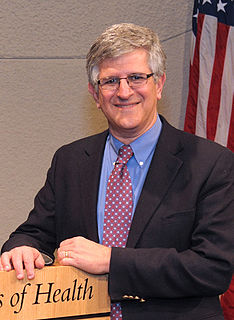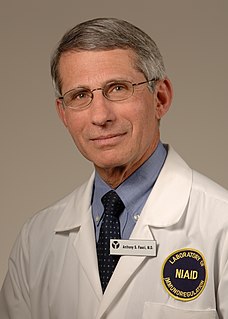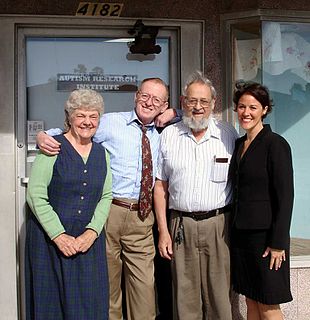A Quote by David Oshinsky
Vaccines [measles] have been proven to be safe, and what happens if you don't take vaccines is children get measles and die. So the anti-vaccine crowd has, you know, kept measles around in a way that - you know, it's a tragedy, because so much is done to make sure these things are safe.
Related Quotes
So it's an absolute lie that has killed thousands of kids. Because the mothers who heard that lie, many of them didn't have their kids take either pertussis or measles vaccine, and their children are dead today. And so the people who go and engage in those anti-vaccine efforts -- you know, they, they kill children. It's a very sad thing, because these vaccines are important.
Today, however, anti-vaccine activists go out of their way to claim that they are not anti-vaccine; they’re pro-vaccine. They just want vaccines to be safer. This is a much softer, less radical, more tolerable message, allowing them greater access to the media. However, because anti-vaccine activists today define safe as free from side effects such as autism, learning disabilities, attention deficit disorder, multiple sclerosis, diabetes, strokes, heart attacks, and blood clots—conditions that aren’t caused by vaccines—safer vaccines, using their definition, can never be made.
Measles is probably the best argument for why there needs to be global health, and why we have to think about it as a global public good. Because in a sense, measles is the canary in the coal mine for immunization. It is, you know, highly transmissible. The vaccine costs 15 cents, so it's not - you know, shouldn't be an issue in terms of cost.
Much attention has been focused on the MMR shot itself, whereas in all probability it is a combination of the three factors listed above: the increasing number of vaccines, the large amount of mercury, and the inherent danger of the triple vaccine.....The MMR vaccine is also especially suspect because laboratories in England, Ireland, and Japan have found evidence of MMR vaccine viruses in the intestinal tracts of autistic children, but not in control group, non-autistic children.
The main problem, certainly, for the people who will not get vaccinated with Thimerosal, which was put into polio vaccine. And the belief was that it may cause autism. And there's been an awful lot done in terms of studies in Western Europe, Canada, the United States, and no correlation was found between Thimerosal and autism from those children who took vaccines. Indeed, when Thimerosal was taken out of many of these vaccines, the autism rate in the United States still rose.




































